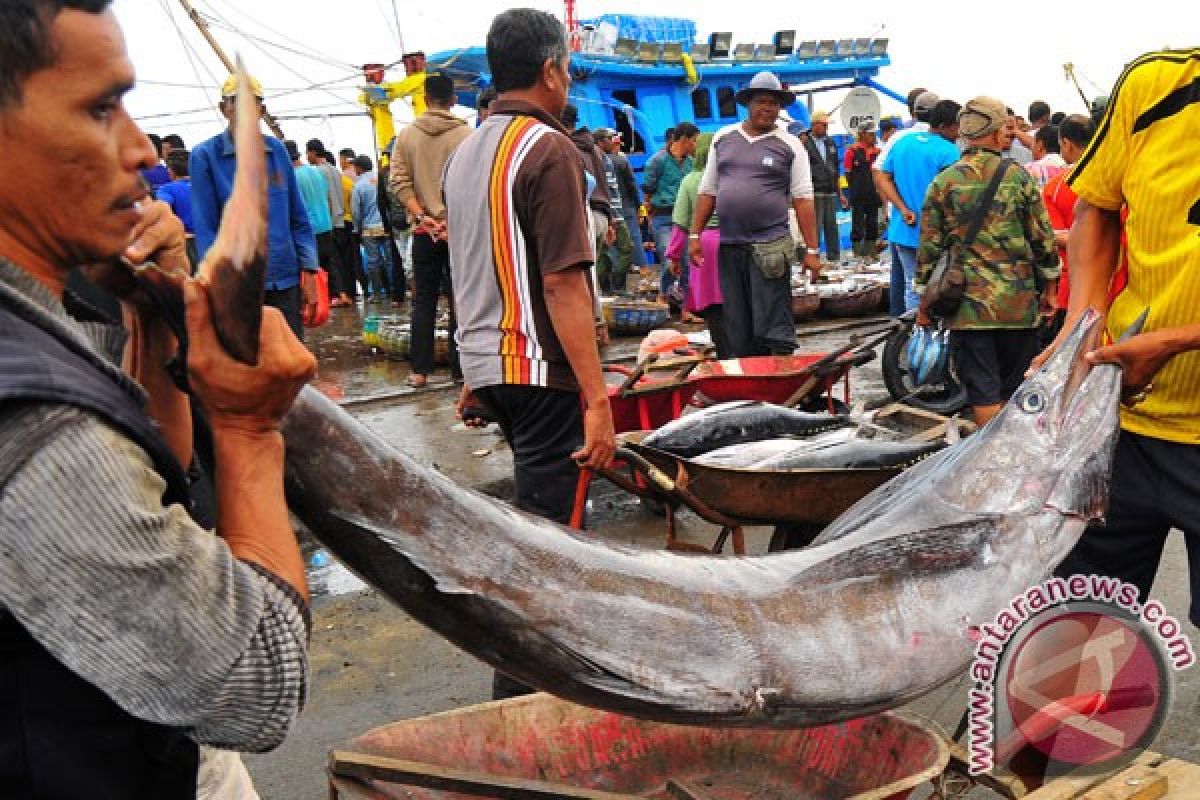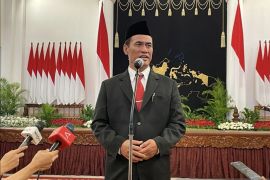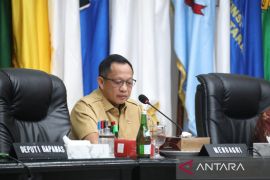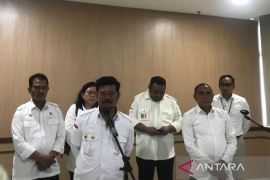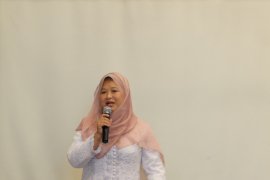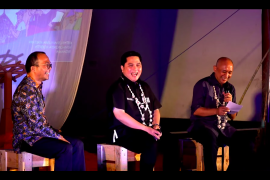I suggest that the government should immediately try to free itself from the trap ..."Jakarta (ANTARA News) - The Indonesian Peoples Coalition for Fishery Justice (Kiara) has urged the government to not overlook the small-scale fisheries actors such as traditional fishermen who are still economically backward.
"Small-scale fisheries actors are often neglected in the context of fish trade in the domestic and international markets," Kiara Secretary General Abdul Halim stated here on Tuesday.
In light of this, Halim noted that the government should proactively involve the small-scale fishing communities in pre-production, production, processing, and marketing stages both in domestic and international markets.
He further emphasized that the government should also improve the capabilities and expand the reach of cooperatives, which are based on small-scale fisheries actors such as the traditional fishermen and small-scale fish farmers.
The small-scale fisheries actors should have a legal entity, be well-versed in financial management of national and international standards, and be independent in managing their organizations in order to be able to compete at both the domestic and international level, he noted.
One of the key tasks of the Ministry of Maritime Affairs and Fisheries is to improve the welfare of the marine and fisheries business sector, including traditional fishermen, fish farmers, and salt farmers in numerous areas.
Therefore, the Indonesian Traditional Fishermens Association (KNTI) Chairman Riza Damanik has encouraged the government, especially the Ministry of Maritime Affairs and Fisheries, to not primarily focus on strategies related to eradicating illegal fishing.
"I suggest that the government should immediately try to free itself from the trap of the deadlocked strategy to combat illegal fishing," Damanik stated here on Monday.
Damanik agreed to the efforts to combat illegal fishing, but they should not interfere with the nations fish productivity.
Speaking in connection with what occurred today, he pointed out that the law enforcement process was not fully effective as it was not accompanied by comprehensive solutions.
Damanik remarked that as an outcome, several fishing boats did not venture into the sea and led to hampered productivity, lack of raw materials, and unemployment in fishermen villages.
"If we want to address the challenges faced in achieving food sufficiency and poverty alleviation, the solution lies in improving the fishermens welfare," he noted.
To improve the welfare of fishermen, Damanik suggested that the government should strengthen the logistics system in the fisheries sector in the face of the natural phenomenon of El Nino.
"Our challenge is to strengthen the operational strategy of the logistics system in order to ensure optimal production even during times when production is hampered in areas affected by El Nino," he said, adding that in the face of the El Nino phenomenon, the government can exploit the fishery potential in Indonesian waters.
(Uu.O001/INE/KR-BSR/A014)
Editor: Priyambodo RH
Copyright © ANTARA 2015
